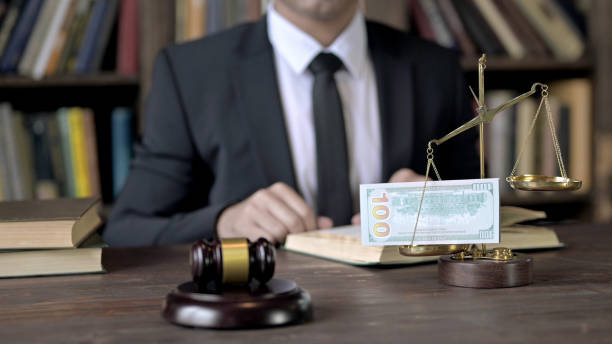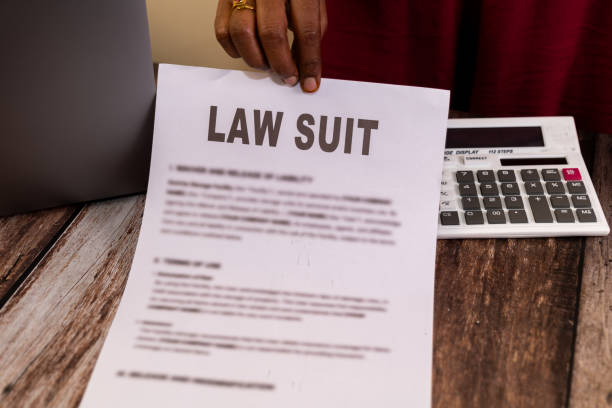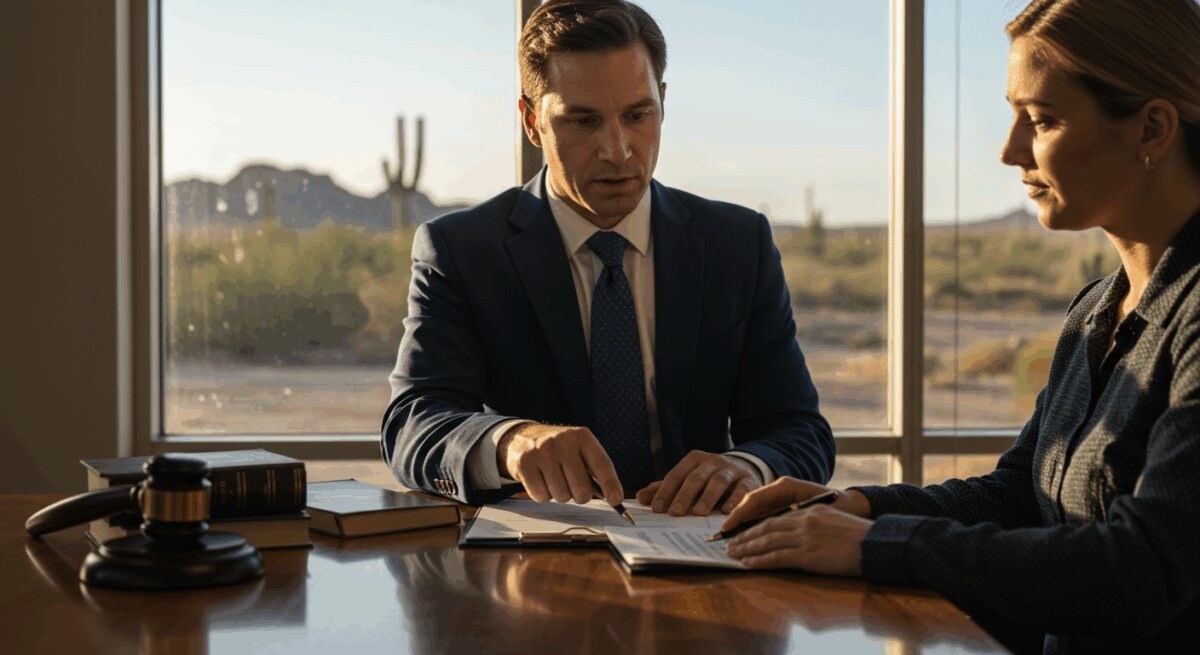Getting convicted of a DUI (Driving Under the Influence) can have serious consequences—license suspension, fines, probation, increased insurance rates, and even jail time. But what if you believe the conviction was unfair or that legal mistakes were made during your trial? You have the legal right to
appeal a DUI conviction, but the question is:
Do you need a lawyer to do it?
Let’s dive deep into the DUI appeal process, when and why legal representation matters, and what to expect if you decide to challenge your conviction.
Understanding a DUI Conviction
A DUI conviction typically results from being found guilty of operating a motor vehicle while impaired by alcohol or drugs. Laws vary by state, but penalties often include:
- Driver’s license suspension
- Court fines and fees
- Mandatory DUI classes or treatment programs
- Possible jail time
- Installation of an ignition interlock device
If you’ve been convicted and feel the judgment was unjust or based on a legal error, you have the option to
file an appeal. But appealing is not a new trial—it’s a formal legal process focused on reviewing the decisions made during your original trial.
What is a DUI Appeal?
A
DUI appeal is a legal request to have a higher court review the lower court’s decision in your DUI case. You aren’t re-arguing the facts; you’re arguing that a
legal or procedural error occurred during your original trial that significantly impacted the outcome.
Some common grounds for appeal include:
- Improperly admitted evidence
- Errors in jury instructions
- Prosecutorial misconduct
- Ineffective assistance of your trial attorney
- Denial of your constitutional rights For deeper legal guidance and DUI-related case analysis, you can visit Legal Case Review to explore your options with expert insights.
Do You Need a Lawyer to Appeal?
Technically,
no—you are not legally required to have a lawyer to appeal a DUI conviction. However, navigating an appeal successfully is
extremely complex, and the risks of self-representation are high.
Why You Should Hire a DUI Appeal Lawyer:
✅ 1. Appeals Require Legal Expertise
Appeals involve reviewing legal procedures and interpreting statutes. A skilled lawyer understands how to identify errors that may not be obvious to someone without legal training.
✅ 2. Strict Deadlines and Filing Requirements
Most states give you a very short window—often
30 days or less—to file a notice of appeal. Missing deadlines or submitting incorrect paperwork can get your appeal thrown out.
✅ 3. Preparing a Strong Legal Brief
Your lawyer will write and file a legal brief explaining why your conviction should be overturned. This must be based on solid legal reasoning and supported by case law and trial transcripts.
✅ 4. Courtroom Representation
If your appeal involves oral arguments, you’ll need someone experienced in arguing before appellate judges. This isn’t like a trial—it’s about legal interpretation, not witnesses and evidence.
✅ 5. Higher Chances of Success
With the complexities involved, having a qualified DUI appeal attorney greatly increases your odds of success.

Ready to connect with top legal professionals? Get immediate support— Call us at 877-550-8911.
Connect with Our Legal Team
What If You Can’t Afford a Lawyer?
If you can’t afford a private lawyer, you may qualify for a
court-appointed appellate attorney. Ask the court to assign one as soon as possible. It’s important not to delay, as the appeal window is limited.
The DUI Appeal Process: Step-by-Step
Here’s a general overview of what the DUI appeal process looks like:
Step 1: File Notice of Appeal
You must file this with the court that issued your conviction, usually within
30 days. It tells the court that you intend to appeal.
Step 2: Obtain Trial Transcripts
The court reporter will prepare a transcript of your original trial, which is essential for reviewing what happened and identifying errors.
Step 3: File Appellate Briefs
Your lawyer will prepare a
written argument (brief) outlining why the trial court made legal errors. The prosecution will also file a response.
Step 4: Oral Arguments
In some cases, both sides may present their arguments before a panel of appellate judges. The judges will ask questions and consider the legal merits of your appeal.
Step 5: The Appellate Decision
The court will either:
- Uphold the conviction (deny the appeal)
- Reverse the conviction
- Order a new trial
- Modify the sentence
This decision can take weeks or even months.
How Long Does a DUI Appeal Take?
A DUI appeal typically takes
3 to 12 months, depending on the complexity of the case and the court’s schedule. Some appeals move faster, while others can take over a year—especially if the case is highly contested.
What Happens if You Win the Appeal?
If your appeal is successful, one of the following outcomes may occur:
- Your conviction is overturned and charges dismissed
- You are granted a new trial
- Your sentence is reduced or modified
This doesn’t necessarily mean you’re off the hook—especially if the prosecution decides to retry the case—but it does mean you have another chance to fight.

Risks of Appealing Without a Lawyer
While you have the right to represent yourself, here are the risks:
- Missing crucial deadlines
- Filing improper documents
- Failing to identify viable legal errors
- Getting your appeal dismissed before it’s even reviewed
- Damaging your chances of future relief
Appeals are won through
legal precision, not just emotional pleas or personal opinions. For official DUI legal standards and your rights under U.S. law, visit the U.S. Department of Transportation’s DUI Enforcement Info for public resources.
If you’re seeking expert breakdowns and legal insight on similar cases, you can explore more at
👉
Legal Case Review – DUI Law Section
FAQs – DUI Appeals
1. How long do I have to file an appeal after a DUI conviction?
Usually within
30 days, but it varies by state. Always check with your local court or lawyer.
2. Can I appeal a DUI guilty plea?
It’s much harder. You usually must prove your plea was not voluntary or that your rights were violated during the process.
3. What is the cost of hiring a DUI appeal lawyer?
Costs vary widely, often ranging from
$3,000 to $10,000 depending on the case complexity and location.
4. Will I have to go to court again during the appeal?
Not always. Many appeals are handled in writing, but you may need to attend an
oral argument if the court requires it.
5. What are my chances of winning a DUI appeal?
Appeal success rates are generally low, but having an experienced lawyer improves your chances significantly.
Don’t wait to secure the legal representation you deserve. Visit Legal Case Review today for free quotes and tailored guidance, or call 877-550-8911 for immediate assistance.





